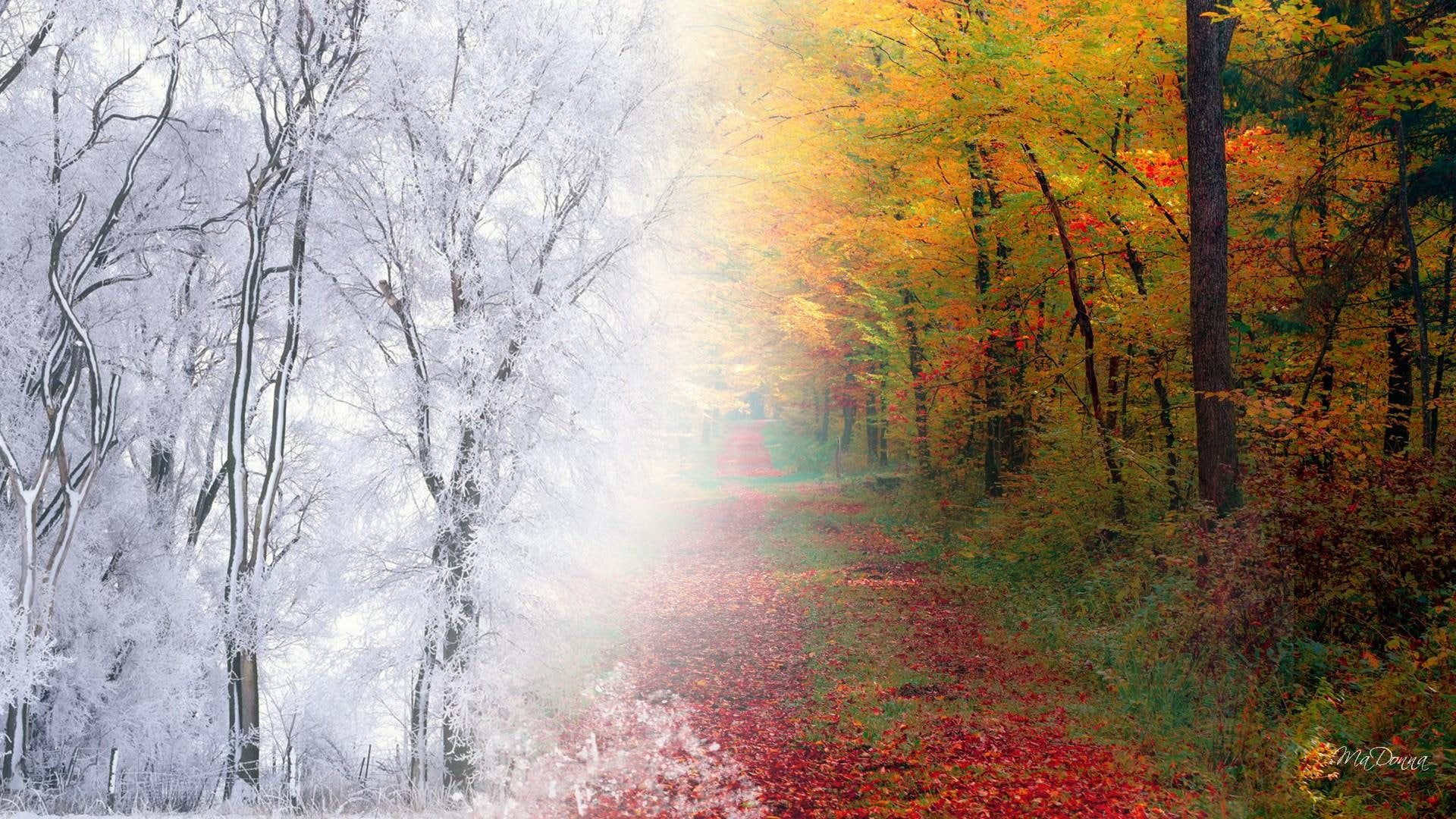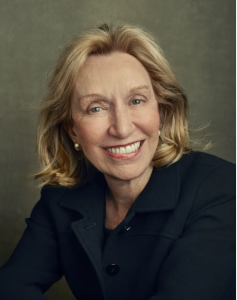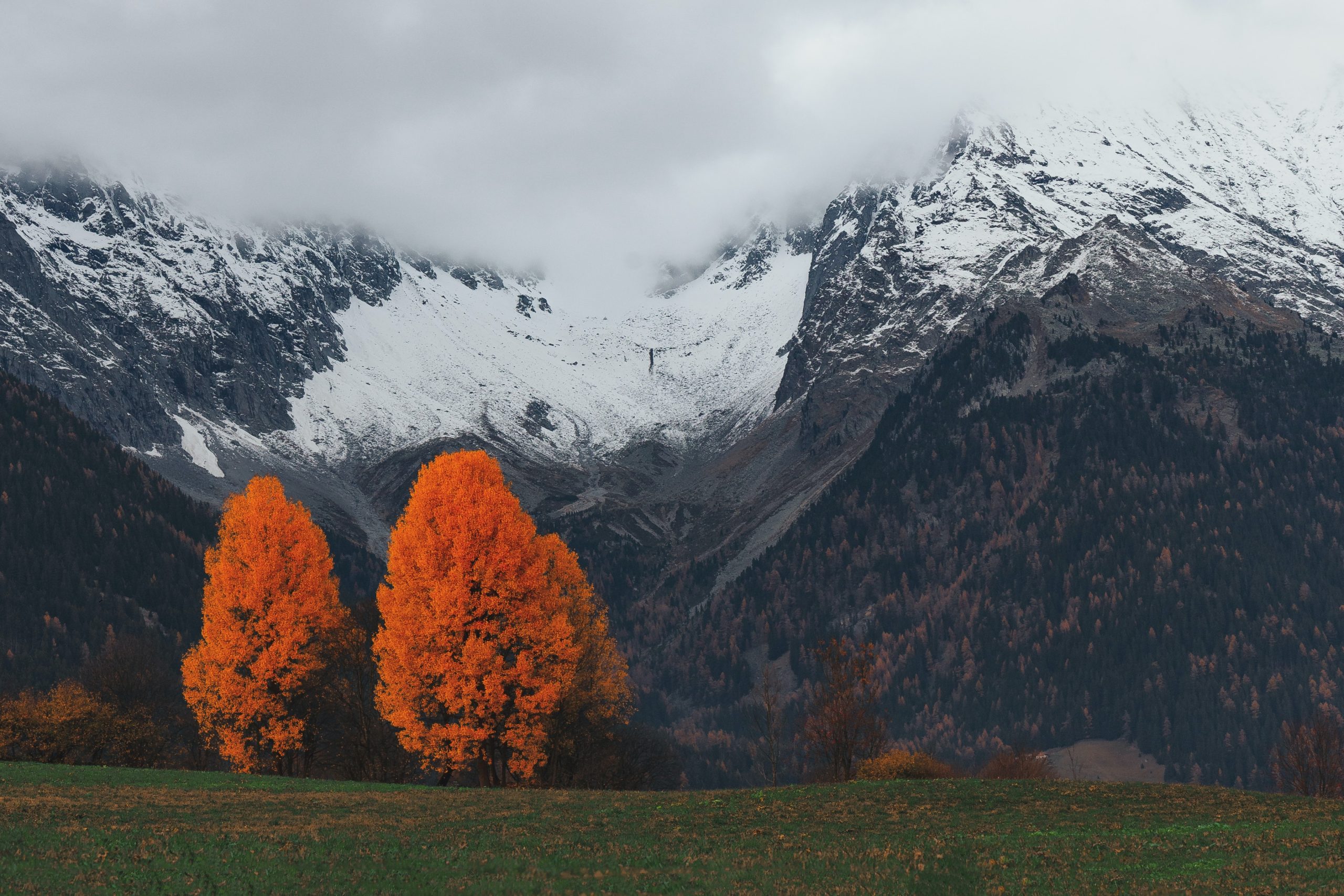
 This blog, originally posted on December 28, 2022, feels just as relevant now as it did then. While the sources of unprecedented turmoil have morphed and changed (e.g., ongoing challenges with COVID-19, monkey pox and triple E, a looming expansion of war in the Middle East, massively destructive weather-related events, and the uncertainty and divisions tethered to the upcoming elections in the United States), so many of us are still experiencing the overwhelm that we were engulfed in by end-2022. These conditions continue to severely disrupt our health, daily routines, relationships, sense of sovereignty and control. As historian, Doris Kearns Goodwin, articulated so well, especially when crises such as these are not quickly resolved, it is our ability to remain hopeful and make conscious choices that leads to a shift in perspective, forward motion, and the commitment to take meaningful action, especially in times like these.
This blog, originally posted on December 28, 2022, feels just as relevant now as it did then. While the sources of unprecedented turmoil have morphed and changed (e.g., ongoing challenges with COVID-19, monkey pox and triple E, a looming expansion of war in the Middle East, massively destructive weather-related events, and the uncertainty and divisions tethered to the upcoming elections in the United States), so many of us are still experiencing the overwhelm that we were engulfed in by end-2022. These conditions continue to severely disrupt our health, daily routines, relationships, sense of sovereignty and control. As historian, Doris Kearns Goodwin, articulated so well, especially when crises such as these are not quickly resolved, it is our ability to remain hopeful and make conscious choices that leads to a shift in perspective, forward motion, and the commitment to take meaningful action, especially in times like these.
We must turn toward one another, ask each other important questions, and slow ourselves down long enough to listen to one another, making room for new answers and possibilities to emerge. Perhaps then, better solutions and a sense of collective integrity, internal capacity and inner calm will come?
While we have experienced a decline in COVID-19-related deaths in the United States from 330/day when the original blog was published to about 700/week now, which is absolutely an improvement, we are still losing over 36,000 people a year to the virus; something that is, arguably, preventable. And we are about to approach the one-year anniversary of the devastating attack by Hamas in Israel and the now equally devastating response by Israel, leading to a humanitarian crisis in Gaza and the region that seems only to be growing. Hurricane Helene, it turns out, was a monster storm, literally the size of the state of Texas, that’s left devastating loss of life, destruction of property and livelihoods, and deep uncertainty for millions living in its wake.
These are complex issues and situations that will take time to sort through and resolve. That being said, progress is possible, and even more probable, if and when we stay engaged, stay hopeful, and stay civil; if we work together, acknowledge what’s real, and take whatever actions we can, both individually and collectively, to bring about what’s needed and wanted in both the short- and long-run.
Perhaps the article and questions below will be a useful nudge to guide you through the overwhelm and uncertainty of these times and into your version of meaningful action. May it support you in your own contemplations and personal choices, both to serve yourself and those around you during this time of great upheaval. Now, more than ever, may we reflect quietly and out loud and bring ourselves, compassionately, consciously and actively, to one another. And breathe. Because we can.
~~~~~~~~~~~~~~~~~~~~~~~~~~~~~~~~~~~~~~~~~~~~~~~~~~~~~~~~~~~~~~~~~~~~~~~~
In an interview with TIME Magazine, back in the April 6-13, 2020 issue, Doris Kearns Goodwin, historian and author, was asked six questions about mobilizing business for good, the lack of leadership today and FDR’s lessons for facing the coronavirus. There was a lot of wisdom packed into her succinct responses. It’s worth reading this one-page article and a few of her books. She is one of my many modern muses and sources of inspiration.
What captured my attention in a recent re-reading of this article was part of her response to the first question, “This moment feels unprecedented. As a historian, do you think it actually is?
Her response: “What makes it so hard to absorb is that the overwhelming majority have never seen a situation that so severely disrupts our daily routines. Maybe that’s where history can provide perspective and solace…”
She uses two major events in the twentieth century, The Great Depression and Franklin Delano Roosevelt’s leadership during WWII, to illustrate her points. She also references the Civil War. Themes coming out of these hard times included the need for trust in leadership, collaboration between government and industry, the need for social and economic reforms post-crisis to address life in the new world, and the need for a long-run versus short-run perspective (accept it versus fight it).
It’s been more than two and a half years since that interview and, while some might argue we are on ‘the other side’ of the global COVID crisis, the truth is that about 330 people are still dying of COVID every day in the United States and we are in the midst of a triple crisis with COVID, RSV and Influenza. These issues are not going away.
As Kearns mentioned in the TIME article, at the front end of most crises, including the Civil War, people think they’ll be over in a few months, or certainly hope so. Unfortunately, they rarely are. Our attachment to that hope takes an added toll. I’m not advocating for giving up hope. I am advocating for being hopeful and making conscious choices that lead to a shift in perspective, movement and conscious action that’s aligned with what is actually happening.
We can minimize the toll and the stresses that come with greater uncertainty on a global scale if we are willing to turn toward the issues and one another and ask and answer some important questions. For example, “What actions might I/we take now to continue to navigate and make my/our way through these difficult and life-changing times?” I would encourage us to focus on what we can control by starting small, with ourselves, and focusing locally.
Specifically, I am asking:
- Do I trust my own capacity to self-lead? If yes, why, and if no, what might I do about this?
- Who can I lean on and collaborate with to show up as the best version of myself even in times of deep distress?
- What do I need to redesign, release and/or reorient in my life in order to bring my best self – the version of me that has always been there but is lost behind the conditioning of a lifetime, fears, limiting beliefs and stuff – out more fully in the world?
- And what is required of me given that the changes we are facing are likely to persist and unfold over a much longer period of time? Am I resilient? What do I need to let go of, and do and be more of, in order to be there for myself and others to the extent I am able?
How can we create some constancy inside our ever-changing lives and world?
It was not that long ago, when we were all wearing masks all the time (or fighting it), waiting in long lines for COVID tests or washing our groceries before bringing them in the house. Remember when the vaccines didn’t exist, not to mention boosters? Many of us are still suffering from the symptoms of long COVID and others, too many others, have lost loved ones, friends and colleagues to it. Over 100 million people have had COVID in the United States to date. Seeing a pile of COVID tests sitting on the counter waiting to be used is a commonplace thing…now. Much has truly changed. And, arguably, is still changing.
How can we create a sense of peace, place and personal power that also acknowledges the storms swirling within and around us?
During this season of reflection, light in the darkness and turning inward, now is a good time to take stock and reflect on just how much has changed and, perhaps, what has stayed the same. To celebrate and grieve what emerges. And to turn toward one another in the process. Together, we can consider what may need to change for life to expand, to feel grounded and rooted, even in the middle of the storm. Together, we can create the conditions necessary for individual and collective healing and growth to happen going forward.
And one more key question…how might we proceed beginning in love instead of fear?
In my worldview, the greatest gift we can give the world is to know ourselves as love. To learn how to give and receive love and begin in love not fear. We must learn how to honor and acknowledge our fears and learn from them, without letting them drive the bus of who we are. We can do this better when we know who we are and give ourselves permission to be who we actually are, powerfully. We can do this when we choose in alignment with our own core values, unique purpose, passion and vision for our lives.
I believe that when we align to our original design and live that in our outer lives, the world is better for it. When aligned with this kind of self-awareness, self-acceptance, self-leadership and self-love, we can achieve individual and collective recovery and embrace our metamorphosis…the transformation that is happening to us through what has been our modern crisis, almost three years of life inside a local and global pandemic.
In our outer lives, many of us are divided on our leadership, skeptical of business, nostalgic for what we have convinced ourselves were simpler and better times and deeply impatient about finding our ‘new normal.’ We can counter these by doing our inner work, by being accountable, inspirational and responsible leaders in our own lives, by conducting the business of our own lives with integrity and by slowing down (ever so slightly) and pausing often to check our assumptions and choose well. This is power used well.

I am in the process of taking inventory, establishing new rules of engagement for my life and creating conditions for myself that better align with and serve the life I am actually in; that reflect who I actually am; and that support those I’m in direct relationship with.
Through reflection, alignment and action, we can experience the truth in one of my core mantras, “A shift in perspective is a miracle.” Such a shift can bring about solace, movement, needed action, community, better relationships and a renewed appreciation for all that life has to offer.
May you find peace, perspective and solace in your reflections at this time, throughout this holiday season and in the new year. May you be patient with its unfolding and with those around you.
And may you be generous and gracious good company to one another all along the way.
Love,
Dori
PS: Perspective Shifting is an advanced self-leadership skill and one of the 9 P’s in my signature Whole Person | Whole Power multi-year coaching and mentorship program. It is something I address over and over again with VIP clients and one of the elements of WP|WP that they say has had the most impact on their own journey of unfolding and becoming whole. Ask yourself, “What perspective am I in?” And, “Is it serving?” If yes, that’s fantastic. Be grateful and stay the course! If no, ask yourself, “What perspective might I step into that’s needed now?” And, “What might that require of me?” I have no doubt, either way, that as you stand in a perspective that serves, your life, the world and the people around you will be better for it. Thank you.






